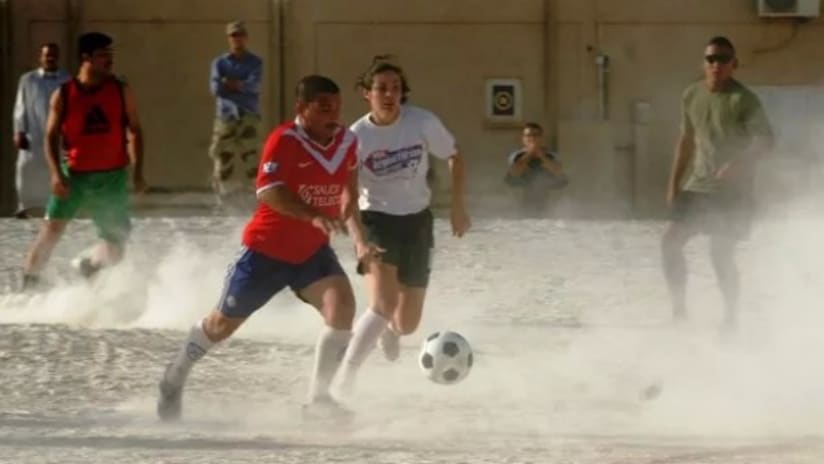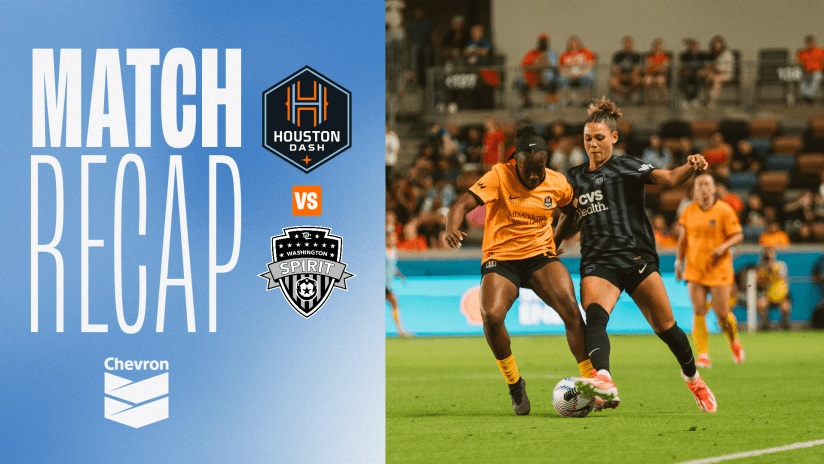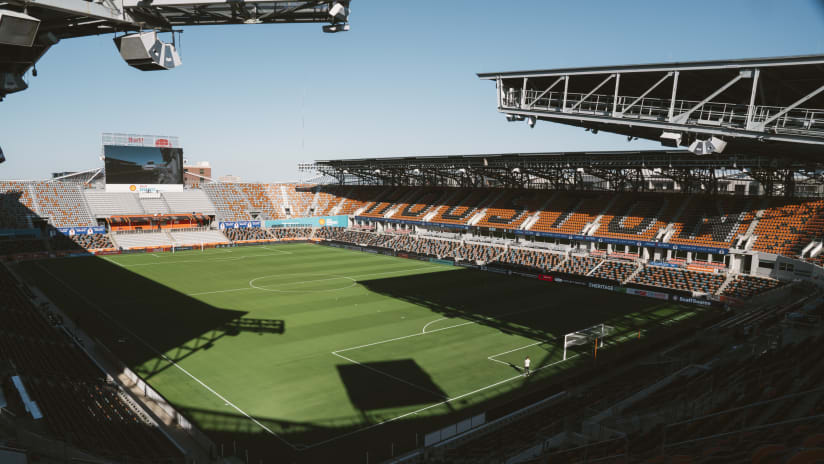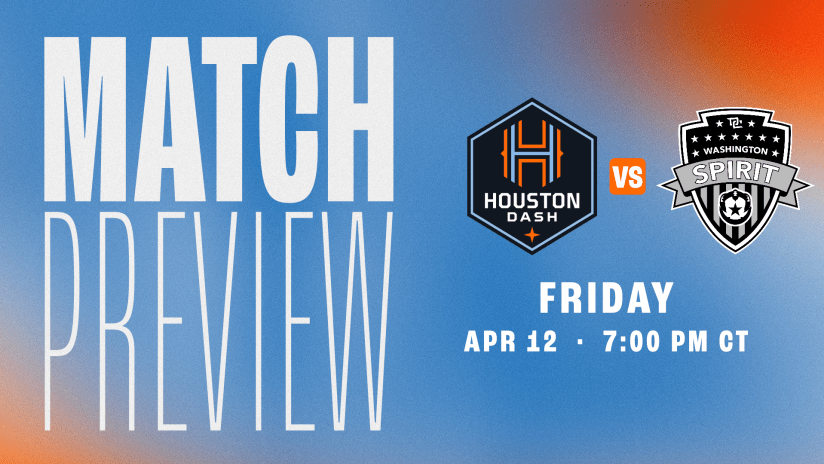Ahead of the Dash’s Memorial Day NWSL game against the Washington Spirit (Monday 3 p.m. CT; Live Stream), HoustonDashSoccer.com caught up with reserve goalkeeper and Iraq veteran Haley Carter to discuss her time at the Naval Academy and her service with the U.S. Marine Corps.
The Houston-born 29-year-old lives with her family near Austin and now splits her time between training with the Dash in Houston and running the Epic90 Goalkeeping Academy.
HoustonDashSoccer.com: Was going into the military something you’d always wanted to do?
Haley Carter: I made the decision pretty early that I wanted to go into the Naval Academy. I was recruited by several U.S. schools but my heart was kind of set on Navy. I knew pretty early on that I wanted to serve my country. My decision to go into the Marine Corps was made probably between my sophomore and junior year at the Naval Academy. I met a lot of Marine Corps officers that were at the Naval Academy and I just really kind of clicked with them.
HDS: What happened when you graduated?
HC:
I went to the basic school in Quantico, Virginia, for six months. It’s for every Marine Corps officer, it’s like basic rifle platoon tactics … you learn basic infantry tactics, nothing crazy. After that you go on to your occupational school. I was a logistics officer so I went to North Carolina for school and then I was there for three months and also stationed there. So I stayed there at Camp Lejeune, and I was based in Camp Lejeune for pretty close to four years.
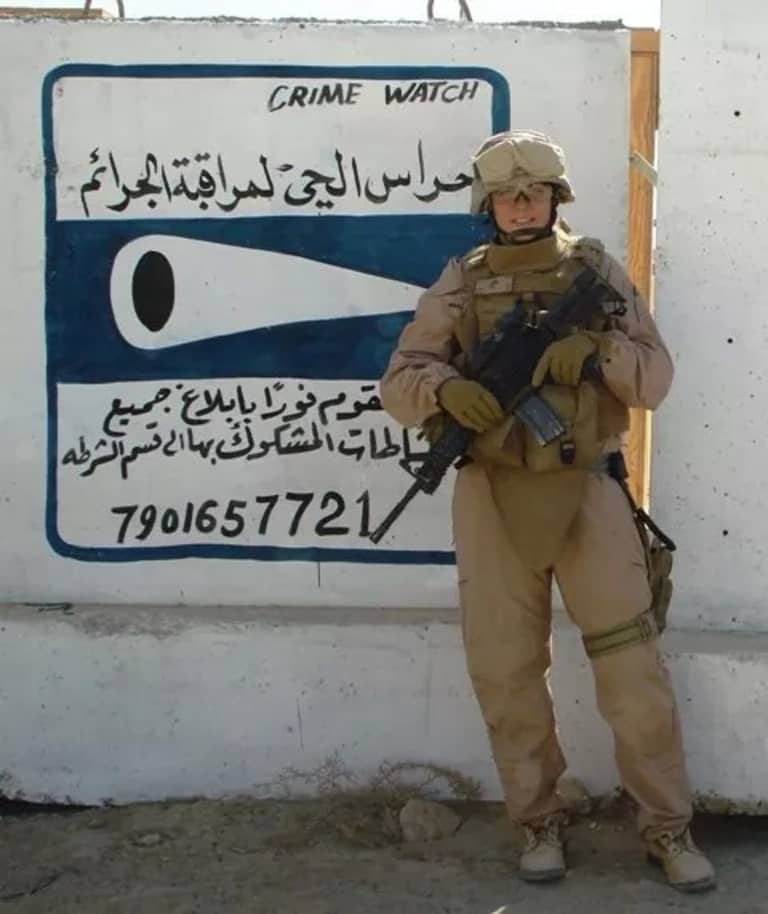
During that time I made two deployments to Iraq. The first deployment was in 2007 and I was in Fallujah [about 45 miles west of Baghdad]. The second deployment was in 2009 and I was at Al Asad airbase. In-between those deployments I played in the military women’s soccer world championships and that was in Ede, Netherlands, in 2008. And then I played again in 2010 after my second deployment and that was in Cherbourg, France. and then following those two deployments I moved to Hawaii and was stationed at joint base Pearl Harbor-Hickam for just over three years. When I was there I was stationed with the Joint Prisoner Of War-Missing In Action Accounting Command, JPAC.
HDS: What did that involve?
HC: That is probably hands down the coolest job I will ever be fortunate enough to have. The mission of that command is to go around the world excavating for the remains of missing service members from past conflicts—so the Vietnam War, the Korean War, World War Two—basically I excavated aircraft crash sites. Like in Vietnam, I excavated a crash site where an aircraft crashed into the mountains and I never recovered the bodies of two airmen.
HDC: So unresolved mysteries, in a sense?
HC: Exactly. And with that I traveled to South Korea, Thailand, Laos, Vietnam … it’s kind of a long process. There’s a lot of investigation that goes on with case files, interviewing witnesses, you’ll go back to the same excavation site multiple times because sometimes a witness will come forward … I worked an aircraft crash site in Laos, there were seven people on board and it crashed I believe it was Christmas Eve of ’68 or ’69. We’d been to the crash site, I think I was on like the seventh mission, so I’d been out there several times. We were getting ready to close the site because we weren’t finding any more evidence. And on the last day we were there we found a molar, a tooth… with that one molar we were actually able to identify one guy on the aircraft because he was the only one who had that molar, from dental records. Everybody else who was on the aircraft had fillings.
HDS: That’s amazing.
HC: I was fortunate enough to meet some of the family members from that aircraft. Having been a service member it’s always been important to me to make sure you bring everybody back. And so to be able to participate in that mission was really honorable. Like I said, coolest job I’ll think ever have.
HDS: How long was that deployment for?
HC: We typically went out for between 45-50 days at a time, but it depended. I did four missions, I was in Hawaii for just over three years. I had my son while I was out there which is why I only made four missions.
HDS: Tell me about your two periods in Iraq.
HC: It was pretty immediately after I finished my occupational school. They were two totally different deployments. In one I was in the logistics battalion, outside of the wire [the base] quite a bit. We helped train the first female Iraqi police in the city of Fallujah, so I was on the ground quite a bit doing a lot of things. It was a lot of fun, the people in the city of Fallujah were really amazing … that was a nine month deployment. I went on an advance party, before everybody else, and I came back rear party, at the end of everybody else.
HDS: You went back in 2009.
HC: That was a 13-month deployment, I was gone all of 2009 and got back in 2010. I was doing a lot of contracting kind of work. We were really involved in trying to get the Iraqi economy reconstructed, so we were doing a lot of ‘Iraqi first’ projects, so I was helping the natives with Iraqi companies … I managed some of the bigger contracts that we had in Iraq, the Logistics Civil Augmentation Program, most people know it as the KBR contract, I managed that for all of western Iraq. So it was a lot more staff work than the first deployment. In the first deployment I was doing what you would think of as Marine Corps things, in the second deployment I was doing more staff work and planning. I was actually on one of the last flights of Marines out of Iraq. We were transitioning a lot of things over and downsizing quite a bit. We were transferring a lot of things over to Afghanistan, that’s when we were really ramping up our efforts there.
HDS: What rank did you rise to?
HC: Captain, I was a senior captain when I got out. June 29, 2013, that was my last day.
HDS: Let’s talk about soccer. You played a lot in the Academy and had a very successful career there. So was it a military training in the morning and soccer training in the afternoon kind of deal?
HC: Yes, it was busy. Very busy. The academics there are pretty overwhelming so balancing soccer, which is essentially a full-time job in Division I athletics, and your schoolwork, was pretty intense. But the coaching staff there are pretty supportive. You wouldn’t be at that school if succeeding in the game of life wasn’t your priority and they understand that. There’s a bigger picture. We’re in Patriot League, that conference … Colgate, Lafayette, American University. We’re a regular Division I school.
In 2003 we qualified for the NCAA tournament, it was the first time that a Division I sport from one of the service academies, a women’s team sport, qualified for the NCAA tournament. So that was pretty cool. We wound up getting our asses kicked by [Dash captain Erin McLeod’s] team—we played Penn State in the first round and they beat us like 5-0 or 4-0, I don’t remember. It didn’t matter to us because we were just happy to be there! … Erin says she hated playing us because we were fit and just never stopped.
HDS: Was it hard to keep up the soccer when you were deployed?
HC: Surprisingly, no. Once word gets out—first off there’s not a whole lot of females there anyway and there’s always soccer fields and pick-up games on base. And even out in the city. And once word gets out that you’re a female who plays soccer you get invited to all the pick-up games. I actually played quite a bit of soccer while I was deployed with Iraqi Army units. My second deployment we had pretty regular teams against the Seventh Iraqi Army Division, we played them all the time…
In-between I was able to train and play on the U.S. Armed Forces team. That was a great opportunity as well, you get to travel a lot. And it’s basically like an All-Star service academy team. We had a couple of enlisted players that were just really, really great. Most of the girls on the team are Air Force Academy grads, West Point grads, Naval Academy grads, and we usually field a pretty decent team. It’s always great to represent your country.
HDS:
I guess Iraqis, like people all around the world, are obsessed with soccer?
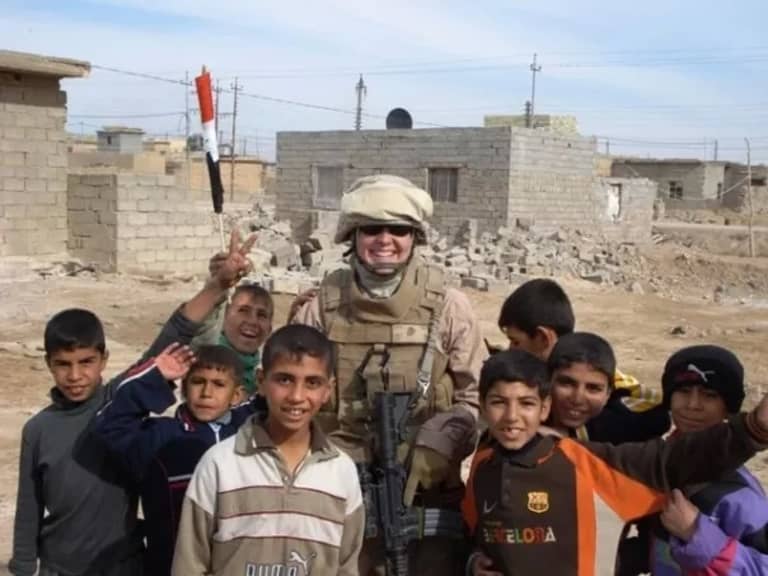
HC: Yeah, and kids especially. We played a lot of soccer with kids. I played a lot of soccer in full combat gear, like 85 pounds worth of stuff on! We were inside compounds when we were doing it. It’s definitely one of those sports that unites cultures.
HDS: Memorial Day must have an extra-special significance for people who’ve served.
HC: It is like the unofficial start of summer so a lot of families will get together and do their barbecue thing, do their poolside thing, head to the beach. And I get that, I do it too. But I think it’s important even when we’re celebrating to remember the holiday and what it means to you personally. For me, I’ve lost several friends, several classmates from the Naval Academy and I’m just thankful to get all the opportunities that I have to do the things that I love because of the sacrifices that they’ve made. I think that’s important to remember.
Tom Dart is a contributing writer to HoustonDynamo.com and HoustonDashSoccer.com. Former editor and reporter for The Times of London and reporter for SI.com, Dart currently freelances for The Guardian.

